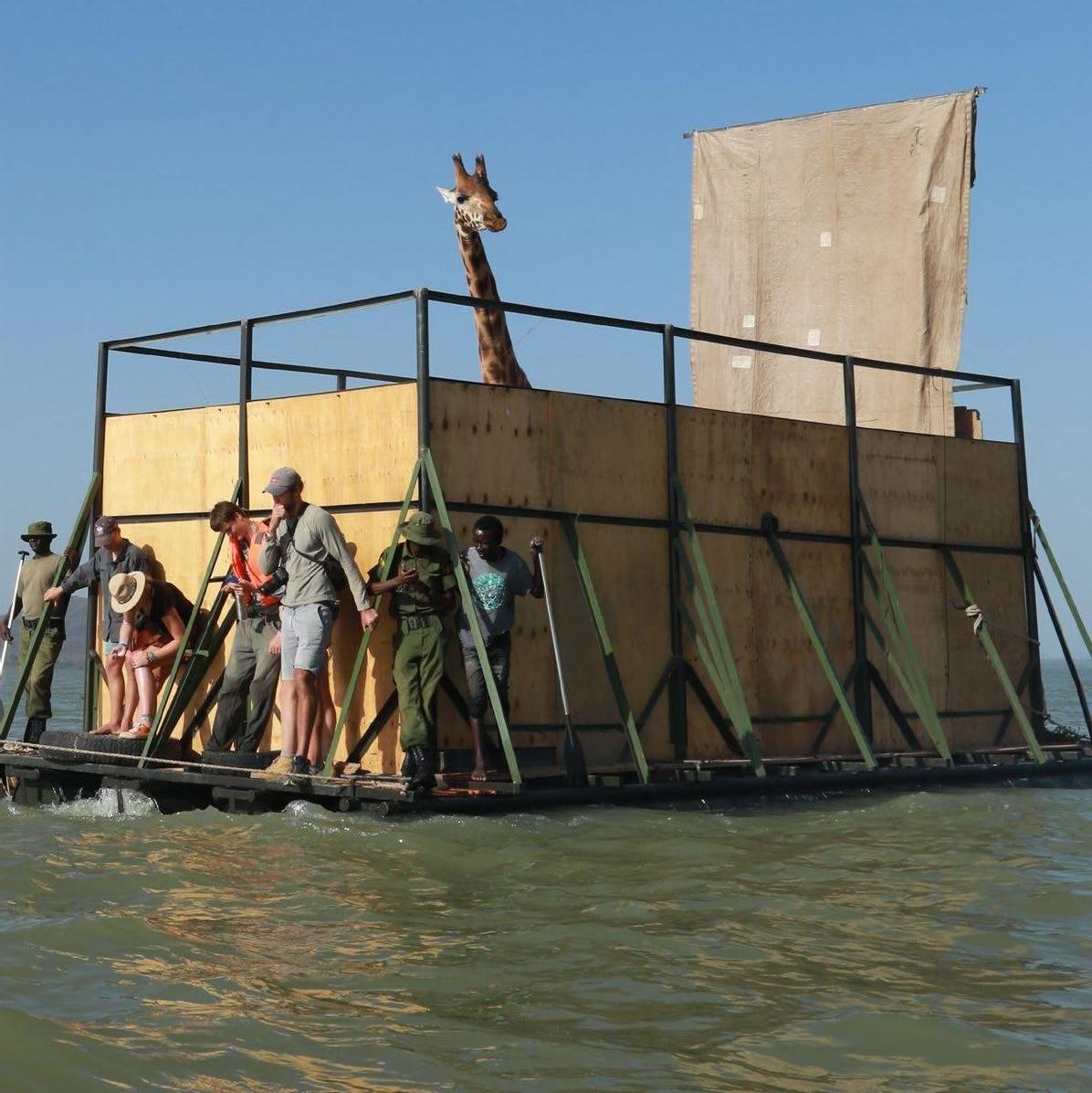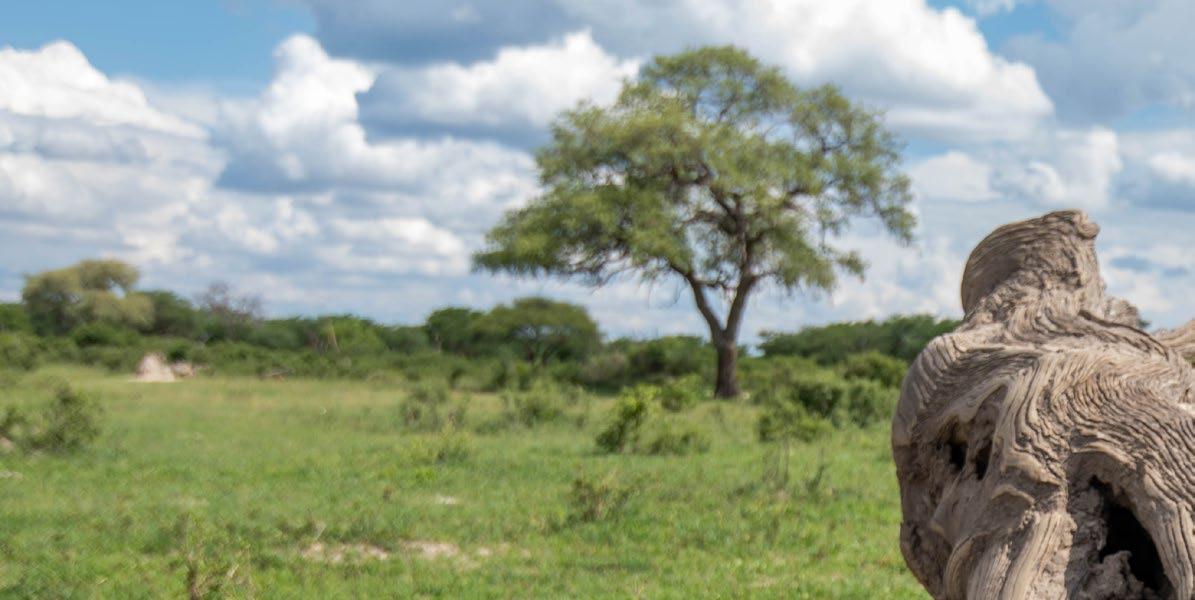
3 minute read
Covid and conservation
from Tusk Talk 2021
by Tusk Trust
John Scanlon CEO, Elephant Protection Initiative Foundation Chair, Global Initiative to End Wildlife Crime
Covid and conservation
Nature conservation is much more than looking after wildlife and its habitat: it is about public and animal health and welfare, climate change, and security, and if we get things wrong, it can have massive global implications.
Perhaps 2020 will be remembered as the year when the penny suddenly dropped for people across every nation that we need to recalibrate our relationship with nature. But in the coming months, if the pandemic slowly passes, and memories start to fade, will this global awakening endure?
The dramatic and sudden loss of revenue from wildlife-tourism in 2020 sent shock waves through the conservation community, decimating jobs, enterprises, and livelihoods. Maybe 2020 will also be remembered as the year when the penny Success demands collective endeavour, and we all have our role to play, as consumers, investors, and citizens.
dropped about the vulnerability of the conservation business model.
Covid-19 has induced much suffering, and sadly, many lives have been lost. Nature conservation came perilously close to being another victim of the pandemic. Due to the heroic efforts of so many, it has survived. But conservation was already suffering from multiple pre-existing conditions, and it will remain on life support until it becomes an investment priority of business, donors, and government.
Reports of the UN Intergovernmental Panel on Climate Change (IPCC) and the UN Intergovernmental Science-Policy Platform on Biodiversity and Ecosystem Services (IPBES) paint a bleak picture for combating climate change and protecting biodiversity. Yet, it is not too late. If we change course, we can recover, and in a way that generates new and exciting opportunities.
And if 2020 was a year of awakening for all of us, then 2021 must be the year of transformation.
International conferences on biodiversity in Kunming and climate in Glasgow, offer platforms for new global strategies and national commitments. Biodiversity must be at the forefront of the response to climate change. We need to secure long-term commitments to places that are rich in biodiversity.
It is time to reshape our approach to conservation, to break down silos and see a convergence of the biodiversity, climate, development, health, and security agendas. As recognition of the multiple benefits of nature conservation grows, so too will the scale and sources of financing.
Yet, as I write, we are still feeling the full brunt of a pandemic that most likely had its origins in wildlife, and IPBES tells us there are hundreds of thousands of viruses that could spill over from wild animals to humans. Wildlife poses no threat, how we interrelate to it does, and preventing the next pandemic will require profound changes to how we regulate the taking, trade, and consumption of wildlife, and how we combat the scourge of wildlife crime.
Next year is the 50th anniversary of the landmark Stockholm Conference on the Human Environment. It led to a flurry of ground-breaking activity, with new national and international laws and institutions. We honour our predecessors, who showed ambition and courage. But today, many of these initiatives have gone stale or become dated – our laws, institutions and financing are no longer fit for purpose. They must be re-evaluated and re-structured if we are to take on the challenges set forth by the IPCC and the IPBES.
Given the scale and immediacy of the risks to people and planet, 2021 must be the year when we move ahead with transformative initiatives, which we are quick to call for, yet slow to act upon.
It is the world's youth who have the most to lose from these multiple and inter-related crises. We owe it to them to act boldly and swiftly in 2021 to ensure we pass on a planet that is prosperous and habitable for all. It is not too late to change course, provided we all rise to the challenge!

Main image
The Northern Rangelands Trust vet team rescues Lbarnoti, a male Rothschild’s giraffe from a flooded island using a custom-made barge Credit: Kieran Avery










